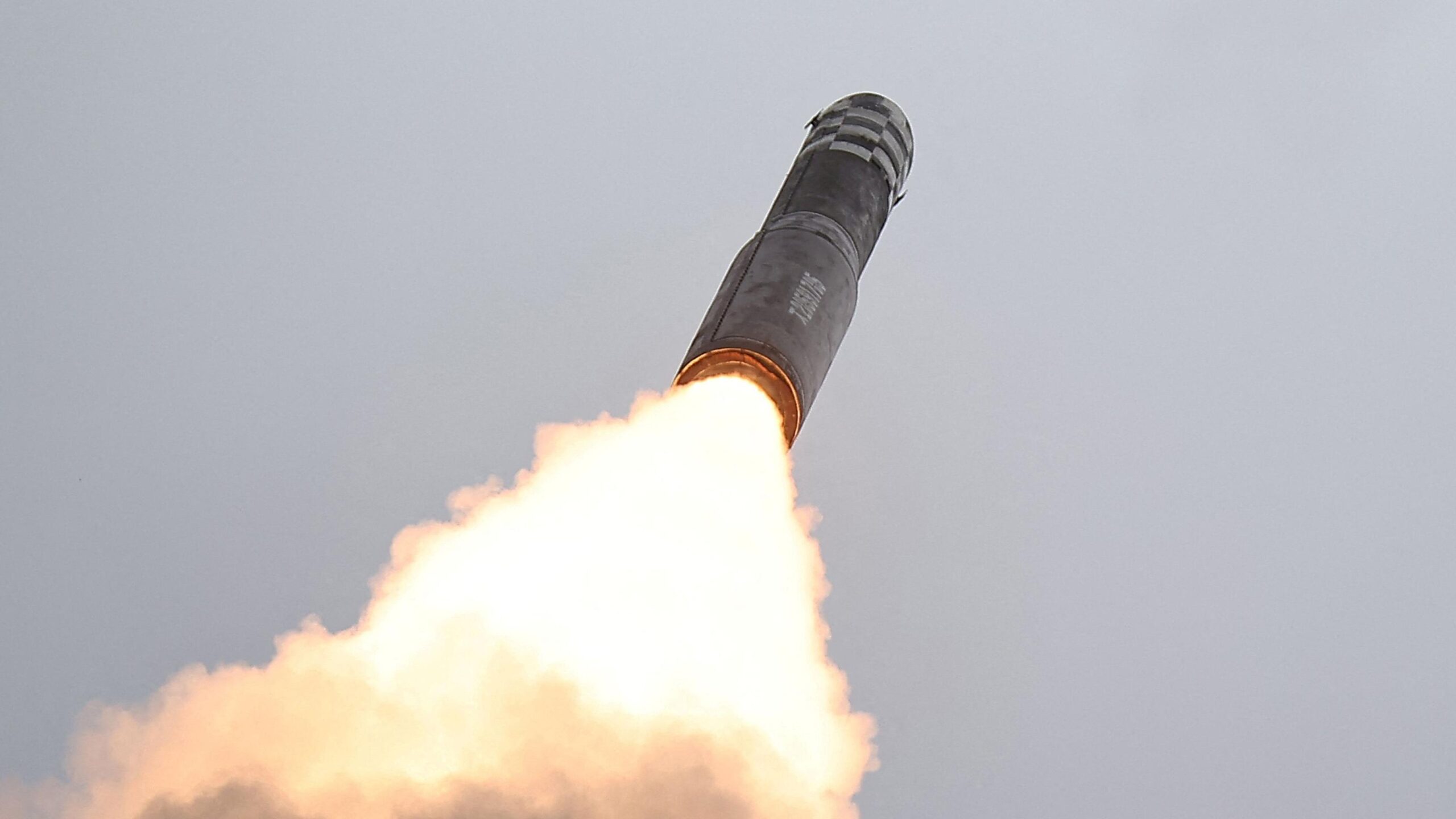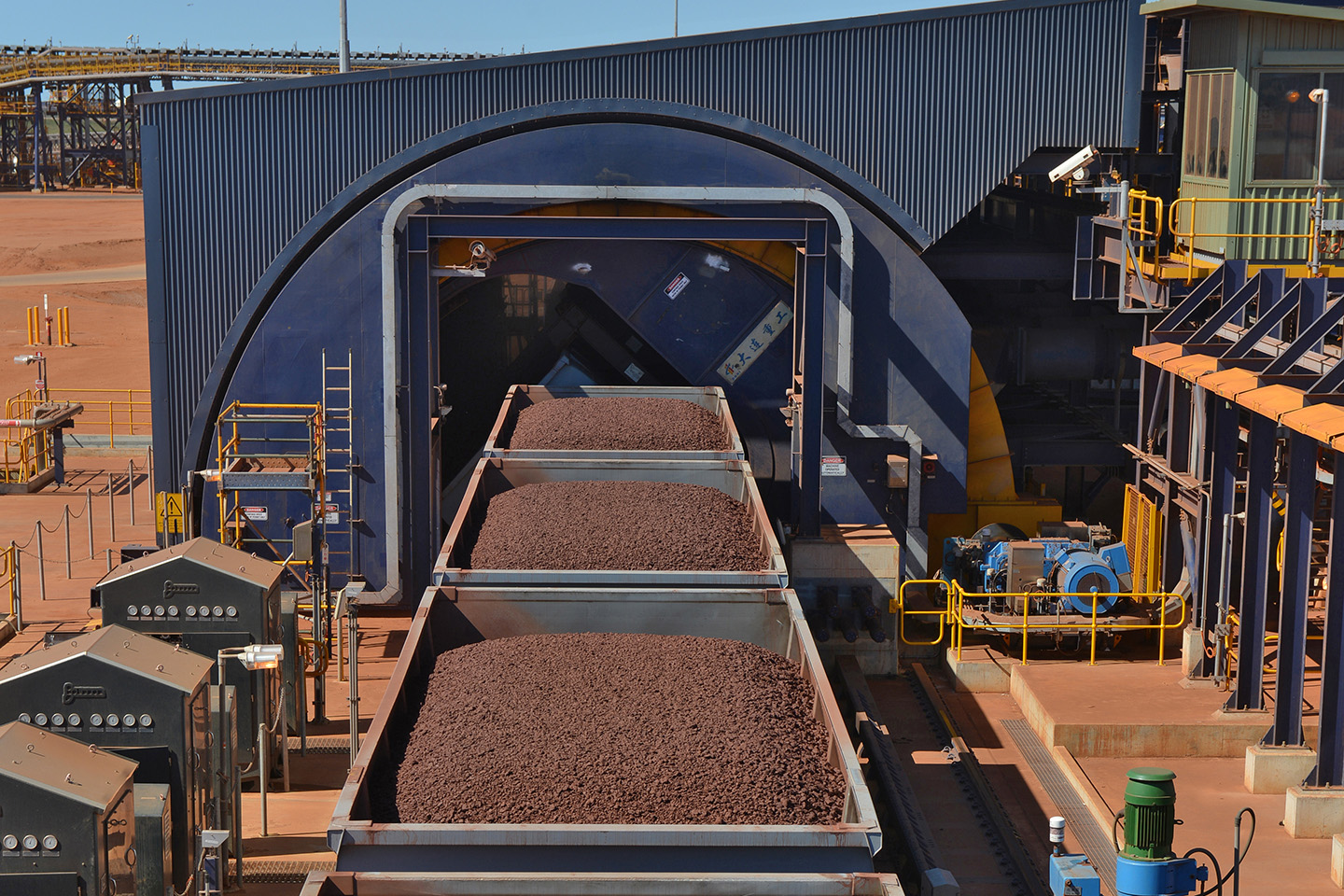MATSYA Autonomous Underwater Vehicle developed by IIT-Bombay
IIT-Madras has been building a Centre of Excellence (CoE) driving indigenous maritime technology, saving costs, and aiming to become a global hub.
The Centre of Excellence will create technologies that will impact offshore / coastal engineering, green shipping, future ports and offshore renewable, among others. Photo: Special Arrangement
The Indian Institute of Technology (IIT-Madras) has been silently building a massive Centre of Excellence (CoE) that is driving indigenous development of maritime technology and expertise.
The researchers behind this project are already involved in major maritime projects in India and their efforts have resulted in significant financial savings for the country by replacing foreign expertise and technology.
“We are working to make this CoE a global hub in Maritime Sector and generate significant cost savings for India by developing not only the technology but also trained manpower to replace the foreign expertise in the Indian maritime sector,” said V. Sriram, Principal Investigator, CoE on Maritime Experiments To Maritime Experience (ME2ME), IIT-Madras.
The centre will create technologies that will impact offshore / coastal engineering, green shipping, future ports and offshore renewable, among others. It will soon start accommodating start-ups in similar space. And plans are on anvil to raise funds for its future projects.
The centre has been established with funding from the ‘Institute of Eminence’ initiative of the Government of India to foster world-class research. Mr. Sriram said that the centre is operated by the faculty from IIT-Madras Department of Ocean Engineering, namely Abhilash Somayajula, K. Murali, S.A. Sannasiraj, R. Vijayakumar, R. Suresh, and J. Arjun besides Emeritus Professors V. Sundar and R. Sundaravadivelu.
An example of the major outcomes from the CoE is the research and development of ‘Wavemakers’ that would provide control in testing the marine structures before installation in the field. Recently, the scientists here developed as many as 152 completely in-house wavemakers at the Discovery Campus (the satellite campus of IIT-Madras) at a total cost of ₹7.5 Crore. In comparison, an imported device would have cost at least ₹45 Crore. This technology, which is economical compared with imported wavemakers, can now be exported to other countries.
“We have developed a Next Generation smartphone-based ‘e-Navigation’ for Inland Water Transport (IWT), which is cost-effective. We are working towards developing an independent and robust navigation and communication system through the establishment of an Indigenous Satellite-based Automatic Identification System (SatAIS) through the launch of a few AIS Cubesats to reduce the overpriced subscription cost for SatAIS-based real-time vessel tracking, fleet management and maritime surveillance,” said Mr. Murali.
“A world class facility in IIT-Madras in the field of ocean engineering is our vision,” said Mr. Suresh Rajendran. He added, “Through this centre, we are venturing into niche areas of prototype testing for coastal and port engineering applications, development of marine autonomous vehicles for survey, surveillance and transportation, and AI and ML applied to marine fields. All of these are essential ingredients to build a healthy blue economy for the nation,” he noted.





















Discussion about this post